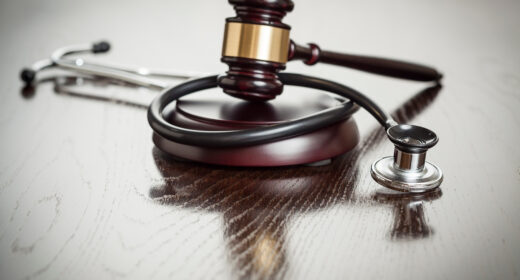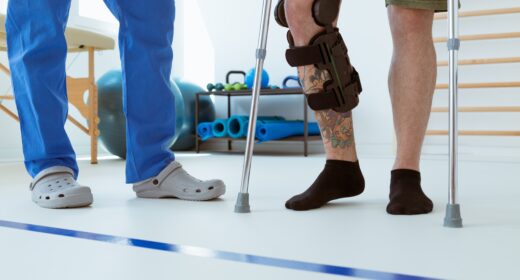Motor vehicle accidents can be stressful and sometimes traumatic events. You will likely be shaken or in shock, and possibly injured. They can occur so quickly, you may not fully understand what actually happened, or even the extent of your injuries.
You may be wondering: what do I do now?
There are some things that are important to do following a car accident. Some of these you should do at the scene, while others should be done later on.
Below is a list of steps you should follow, whether you are the driver, a passenger or a pedestrian. If you are injured at the scene of the accident, you may not be able to do some of the initial steps. Hopefully, someone else will be able to assist you.
Step 1: Stay safe
In the immediate aftermath of an accident, you should stop your vehicle, turn off the engine and put your hazard lights on. Note that you have a legal obligation to remain or return to the scene of the accident.
If you are injured, or cannot move your car because of an obstruction, you should wait in your vehicle until emergency services providers like firefighters or paramedics arrive.
The police should be notified in the event of any car accident. If there are injuries – no matter how minor – or serious damage to cars and/or property, 911 should be called. If the police don’t agree to attend, the accident needs to be reported to the Collision Reporting Centre of your municipal police force within 24 hours.
In Ottawa, their phone number is 613-236-1222, and you can find more information here.
Step 2: Document the scene
If it is safe and you are not injured, you can exit your vehicle. At this point you can assess the damage, and also work out which vehicles were involved in the accident.
You should write down the details of every vehicle, including the make, model and licence plate. From the drivers, you should obtain their name, driver’s licence number, address and phone number. You should also obtain the name of their car insurance provider and the policy number.
If possible, take down the names, addresses and phone numbers of anyone who witnessed the accident. You may also want to check to see whether there are surveillance cameras on site, or whether any witnesses inadvertently captured the accident with their camera or phone.
The Financial Services Commission of Ontario has a helpful Accident Worksheet on their website, which you can download here and store in your vehicle.
You should also try to take photographs or video of the scene with your camera or phone, as long as it is safe to do so.
Step 3: Make notes
If you have been injured in a car accident, you may not be able to do some of the documenting from Step 2. However, you should make some notes on the accident as soon as you can, while it is still fresh in your mind. This is a good idea even if you weren’t injured.
These notes should be as detailed as possible. You should include everything you remember about the accident, including details about the weather, as well as road and traffic conditions.
If you end up going to the hospital, or later go to see your family doctor, you should keep track of the medical professionals you have seen, as well as any treatment and medication you were prescribed.
Step 4: Contact your insurance company
Regardless of how serious the car accident was, you should contact your insurance company within 7 days of the date of the accident. Your insurer can guide you through the accident reporting and claims process.
It is important to contact your insurer as soon as possible, in case another party from the accident decides to make a claim against you.
Depending on the extent of your injuries, you may be entitled to accident benefits under your insurance policy. These are available regardless of whether the accident was your fault. Your insurer can provide you with an Application for Accident Benefits, which needs to be completed within 30 days of the accident.
Step 5: Consult a lawyer
If you are seriously injured and decide to pursue compensation, you will need to consult an experienced personal injury lawyer. There are strict deadlines for applying for benefits and for starting legal action against another party, and a lawyer can help you navigate this often complicated process. It may involve an early settlement, or it could end up going to trial.
You should also speak to your lawyer before signing any authorizations that allow the insurance company to access your medical records and employment files.
Conclusion
Dealing with the repercussions of a serious car accident can be a long and difficult process. However, keeping these steps in mind, and considering seeking legal advice, will ease the burden and get you on the road to recovery.
If you have been injured in a car accident and need legal advice, contact our personal injury group today.




